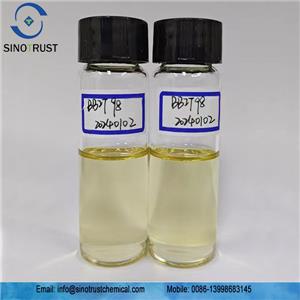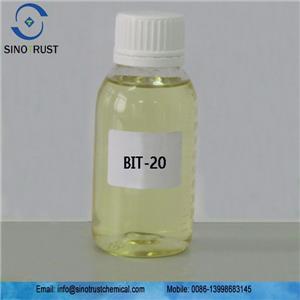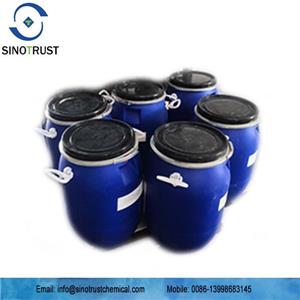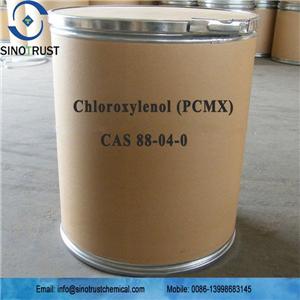Fungicides for industrial circulating water treatment
Circulating water treatment agent is to ensure the normal use of recycled water under the premise that the circulating water is not alleviated, its life is limited, circulating water will breed bacteria, algae, etc., in order to become an effective long-term cycle of water use, we need to put circulating water treatment agent in the water.
The common circulating water treatment agents are:
1. Scale inhibition and dispersant
The earliest scale inhibitor and dispersant is polyacrylic acid (sodium), and calcium carbonate scale has good scale inhibition performance but very low calcium deposition. Such polylactic acid scale inhibitors not only condense and disperse, but also the effect of lattice distortion occurs during the growth process, thereby preventing solid deposition of the scale layer on the metal heat transfer surface. It was later found that the ability to inhibit acrylic copolymers was excellent, and it gradually replaced polyacrylic acid (sodium).
2. Fungicide
According to incomplete statistics, there are nearly 80 kinds of bactericidal algae in domestic circulating cooling water, which are divided into two categories: One is used for non-oxidizing fungicides oxidizing fungicides, including some surfactant. Oxidizing fungicides are mainly chlorine, bromine, ozone, etc., of which chlorine is based. Limiting the PH conditions that govern its use of water and controlling the status of residual chlorine in wastewater, but chlorine is limited due to its long time period as a past biocide.
3corrosion inhibitor
There are many kinds of corrosion inhibitors in our country, such as phosphate, chromate, nitrate, etc. Among them, the toxicity of chromate is eliminated, and phosphate occupies an important position. Phosphate is a good solution to the problem of cooling water system to produce calcium carbonate scale, but the organic polyacid does not effectively inhibit calcium phosphate, zinc scale and other sewage phosphorus zinc and phosphorus production of water treatment. At the same time, with the regulation of sewage world phosphorus discharge limits its use.
4. Flocculant
Flocculants play a very important role in water treatment agents. It can be used to reduce water turbidity, color difference and other sensory indicators to remove various organic polymers, certain heavy metals and radioactive substances. The low molecular weight flocculant inorganic salts are mainly aluminum and iron salts, which have few industrial applications at present. Compared with the traditional inorganic polymer flocculant ferric salt, it has good cohesion, flocculant formation speed, large black pressure sedimentation rate and other advantages and low price compared with organic polymer flocculant.




